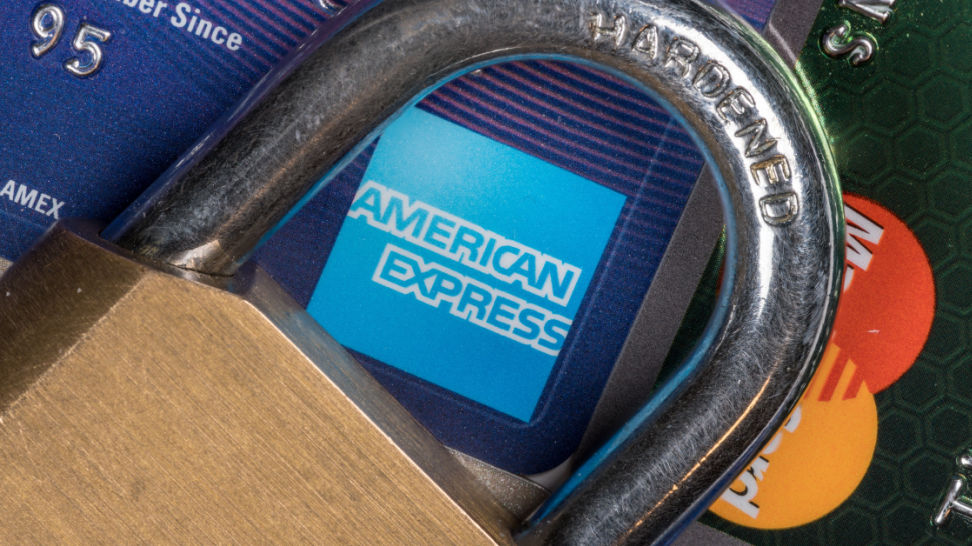A divorce can last months or years, depending on how cooperative both parties are. No matter the length of time, the process is typically painful in many ways.
One of the hardest parts of separation is dividing the marital property. The spouses often have very different ideas of what belongs to whom.
Our asset protection attorneys at Blake Harris Law will explain how to protect your money during divorce, including tips for separating your finances, safeguarding your assets, and splitting debt.
How To Separate Your Finances in a Divorce
Whether or not the divorce is amicable, you need to do your best to establish a financial plan to guard your assets. In a perfect world, you’ll work with your spouse to determine your income and expenses and how to divide and pay them. Most of the time, the process won’t be as easy as it sounds, but getting your personal finances sorted out right away will make the proceedings go smoother.
While you both might be tempted to keep your finances together until the divorce is final, it’s often best to separate your income and expenses as quickly as you can to avoid issues down the line.
Actions you should take after separation from your spouse include:
- Open separate bank accounts
- Change direct deposits to the new accounts
- Close all joint accounts if possible
- Identify all debts and assets (bank accounts, real estate, investments, etc.)
If you and your spouse can’t come to an arrangement for a budget and expenses, you can request a temporary support agreement. The agreement involves signing a contract detailing how much one spouse pays the other, including how often and for how long. You can include things like child support and alimony in the temporary contract.
How can you protect your savings?
Even in a happy relationship, it’s smart to have an individual account for your personal savings. You can fund the savings account with your own money and your spouse won’t have a claim on those funds in a divorce. Keeping all your money in shared bank accounts is a recipe for drama when trying to separate marital property. However, separate accounts are usually not enough to protect money in a divorce and therefore you should consider setting up a Cook Islands Trust for better protection.
Can you transfer money before and during a divorce?
It’s possible to transfer money before a divorce, but it is a delicate process which you should not attempt on your own. If there’s a chance your spouse will empty your joint bank account, you may want to consider transferring some of the funds to a separate account. Redirect your income into your new account and only add funds to the joint account if necessary.
Once the divorce decree is on file, the court will likely order you and your spouse not to take joint property without the agreement of both parties. Even making significant changes to the marital home without notifying the other party can go against your duty to not harm the property during the separation process.
Can you hide your money during divorce?
When tensions are high during divorce, you might think of hiding your money to protect yourself from your spouse’s vindictive actions. However, this should not be done without proper guidance from an experienced asset protection attorney.
Best Ways To Protect Your Money During Divorce
Create an Asset Protection Trust
The strongest form of asset protection is an offshore asset protection trust established in a jurisdiction such as The Cook Islands, Nevis, or Belize. However, this option is not always available, especially if litigation has already begun. To learn more about whether this is an option contact an asset protection attorney.
Legally Establish the Divorce
One of the best ways you can safeguard your assets when going through a divorce is to establish legal separation as soon as possible. Having the date of separation on file before the divorce proceedings allows you to claim all income made after the breakup.
Open Accounts in Your Name Only
If you don’t have a separate bank account, you should open a new one in your name only. Even in an amicable divorce, it’s wise to separate your finances as soon as possible to avoid arguments over who owns what in your shared accounts.
Identify All Your Assets
Many people don’t realize exactly how much money they have, but knowing your assets gives you a significant advantage during the divorce, so start identifying what’s yours. Find out the balance of every savings and checking account, including your and your spouse’s 401(k)s, credit cards, etc.
Premarital assets and inheritances aren’t split during a divorce, so it’s essential to identify these and other assets that are yours and yours alone. If you have investments, including real estate, ensure that you keep control over your assets to prevent your ex-spouse from draining them.
Get Copies of All Your Financial Statements
When sorting through your marital property and other assets, you should ensure that you get copies of all your joint and personal finance documents, including:
- Bank statements
- Tax returns
- Deeds
- Mortgage statements
- Employment benefits
- Life and health insurance
- Wills and trusts
- Business valuations
You can use these documents to value your assets, find hidden funds or property, and monitor for changes. After the separation, you should regularly check your credit report to make sure your spouse hasn’t added additional debt under your name.
Freeze All Joint Bank Accounts
Even after separation, you’re on the hook for any debt your ex-spouse racks up on joint accounts. Instead of keeping joint credit cards with the verbal agreement to pay your share, split the debt, open separate accounts, and close the joint account. Your ex’s financial troubles will no longer be your problem.
If you have money in joint checking, transfer half the funds into a separate account and reroute your direct deposits to your new account. One of the most common causes of drama during a divorce is when one spouse takes all the money from the joint bank account, leaving the other person without access to their own funds.
Make a Tax Preparation Plan
When dividing your marital belongings, you should consider the tax implications of claiming certain property from your former spouse. For example, the tax implications of receiving retirement accounts vary depending on the principal residence, meaning the value of an asset could be much lower for one spouse because of future taxes.
Alimony is another thing that many ex-couples don’t realize taxes affect. The spouse providing alimony has to pay a specific amount to the IRS, meaning the receiving spouse might get less spousal support than expected. It’s also important to note that the year your divorce finalizes is the year you must file taxes separately.
Know Your State Laws
In some states, including Texas, Wisconsin, and Washington, the division of marital possessions usually must be equal no matter who actually purchased the property. In states that mandate equitable distribution, the spouses split marital property fairly but not necessarily equally.
Before assuming who gets the house or money in a divorce, research how your state’s laws handle property division. For further assistance, contact a family law firm and get in touch with an attorney who can walk you through the specifics of divorce proceedings in your area.
Hire an Experienced Family Law Attorney
A good attorney can help you separate property fairly in a divorce. If your ex-spouse empties your joint savings account, takes control of your retirement assets, or accrues large debt in anticipation of the divorce, an experienced divorce attorney can help you rework the settlement accordingly and gain access to funds for living and legal expenses.
Family law attorneys can also assist you with child support and alimony, helping you identify costs that spousal support should cover. Many parents forget to include extracurricular activities, such as sports equipment, and college funds. They might have to return to court to fight for extra coverage for those child support expenses.
How Is debt split in the divorce process?
When the court is deciding how to split debt between spouses, it often takes into account the assets and debts each partner brought into the union. However, some states require an equal split of marital property no matter the underlying circumstances. A prenuptial agreement can also affect how much debt goes to each person.
The debt you and your spouse accrued during your marriage is still both of your responsibilities. Even if one spouse agrees to pay the debt, the collectors will go after you and your spouse if the payments stop for any reason.
If your ex stops paying the debt as agreed, you can petition the court to enforce the agreement. The consequences of not paying an assigned debt include fines and jail time. Even if you end up paying the debt with your income, you can ask for reimbursement in court.
Can your spouse get your IRA in a divorce?
IRAs are marital assets, meaning you and your spouse will have to include them when splitting the property acquired during your marriage. Even if you opened the IRA before the union, any contributions you made during matrimony will be subject to division during divorce.
When deciding how to split an IRA, the court considers factors such as:
- The length of the marriage
- When the spouse opened the IRA
- The contributions of both parties
- The incomes of both parties
The process for splitting an IRA between partners is known as a “transfer incident to divorce,” which is documentation that details how the funds will be divided. The party receiving a split of the IRA must open their own account to accept the funds.
Get Professional Assistance With Safeguarding Your Family’s Money
We’ve reached the conclusion of our article on how to protect your money during divorce, and hopefully you feel more confident in the face of one of the most difficult life events. At Blake Harris Law, we go above and beyond to defend your assets in any legal situation, whether from lawsuits or relentless creditors.
To begin safeguarding your financial future, contact our law firm.




